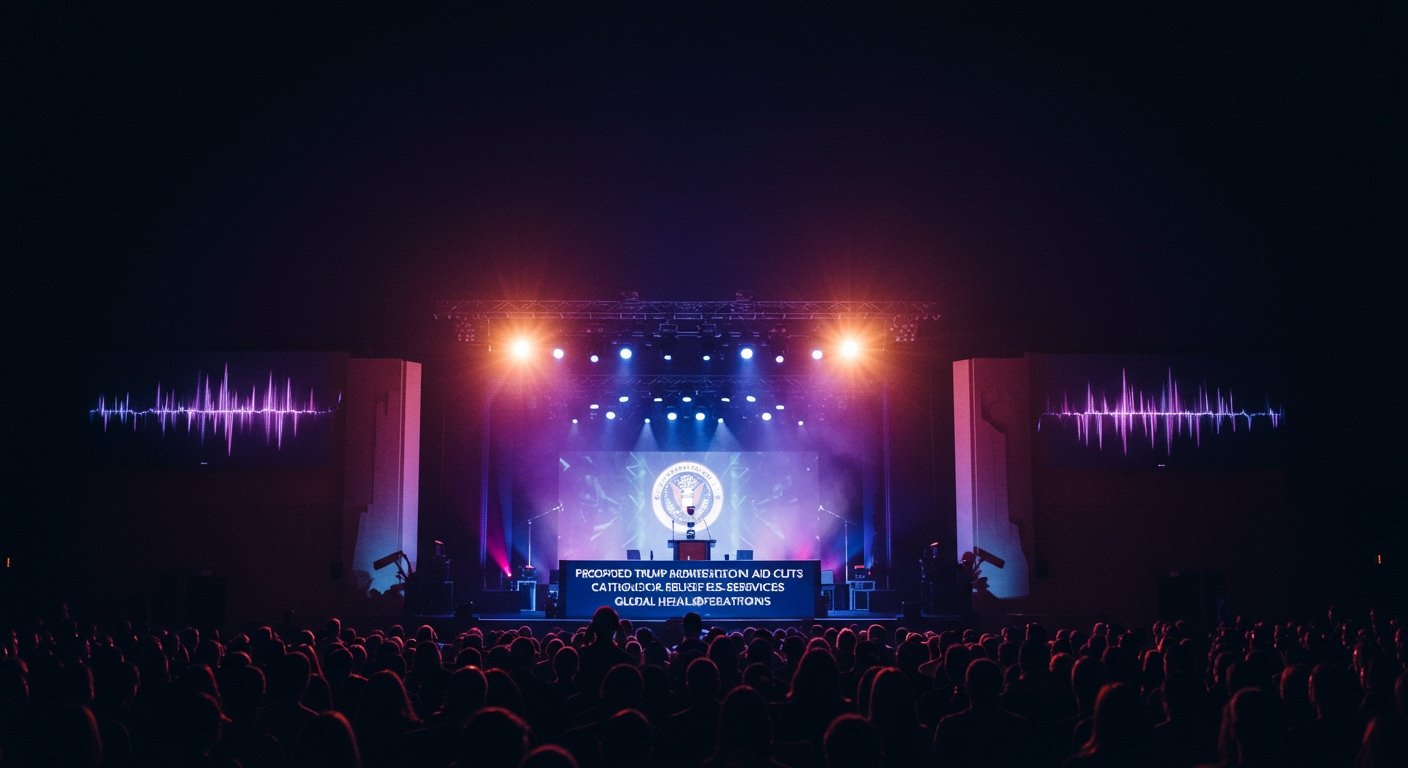A profound cultural and health-conscious shift is reshaping drinking habits across the United States. New data from a comprehensive Gallup poll reveals a striking trend: fewer Americans are choosing to consume alcoholic beverages, signaling a dramatic recalibration of personal health priorities.
At the heart of this transformation is a rapidly evolving public perception of alcohol’s impact on well-being. A significant 53% of U.S. adults now believe that even moderate alcohol consumption is detrimental to their health. This figure marks a near-doubling from just eight years ago, when only 28% held the same view in 2015, underscoring a swift and potent change in collective consciousness.
A Decades-Low Consumption Trend
The findings, derived from a survey conducted in July, paint a clear picture of declining alcohol engagement. Only 54% of U.S. adults reported consuming alcoholic beverages, a statistic that represents the lowest percentage in three decades. This downturn is not merely a statistical blip; it reflects a deeper, structural shift in the nation’s relationship with alcohol. For decades, alcohol consumption has been woven into the fabric of american social life and celebrations. However, the current trending data suggests a widespread reevaluation, with many individuals opting for sobriety or significantly reducing their intake. This emerging pattern challenges long-held norms and signals a new era for public health and lifestyle choices.
This noticeable decline is particularly significant given the omnipresence of alcohol in advertising, entertainment, and social gatherings. The fact that less than half of the adult population is now abstaining or rarely drinking points to a powerful undercurrent of change, driven by evolving perspectives on what constitutes a healthy lifestyle. The momentum behind this shift indicates it is more than a fleeting fad; it is a burgeoning movement impacting beverage industries and health policy alike.
Redefining “Moderation”: A Perceptual Shift
The most striking revelation from the recent poll is the dramatic redefinition of ‘moderate’ alcohol consumption. The almost twofold increase in the percentage of Americans who view moderate drinking as unhealthy is a testament to the powerful influence of contemporary health narratives. For generations, the concept of moderate alcohol consumption was often associated with certain health benefits, particularly cardiovascular advantages. Red wine, in particular, often featured in these narratives. However, these long-standing beliefs are now being actively challenged and, for many, discarded. The public’s growing skepticism reflects a greater awareness and a more critical assessment of alcohol’s overall effect on the body, extending beyond previous, more limited understandings.
This shift is not just an intellectual exercise; it manifests in daily choices, affecting everything from social interactions to personal routines. People are increasingly prioritizing long-term health and well-being over short-term social rituals, leading to a profound re-evaluation of alcohol’s place in their lives. The stigma often associated with abstaining has also begun to dissipate, further empowering individuals to make choices aligned with their personal health goals.
Generational Divide and Uniting Concerns
While the shift away from alcohol is broad, the Gallup poll identifies a clear catalyst: young adults are primarily driving this change. This demographic, often seen as trendsetters, is embracing more mindful approaches to consumption, or opting out entirely. Their choices reflect a greater emphasis on mental clarity, physical fitness, and digital-era social engagement that doesn’t always revolve around alcohol. This generational vanguard is setting a new standard for their peers and, perhaps, for future generations.
However, the movement is not confined to youth. The survey also indicates that older generations are increasingly recognizing the health risks associated with alcohol. This suggests a broadening acceptance of new health information across age groups, moving beyond traditional mindsets. As health awareness permeates all demographics, the collective understanding of alcohol’s potential harm becomes more unified, creating a powerful societal momentum for change.
The Mounting Scientific Consensus
This profound public opinion shift is not occurring in a vacuum. It aligns directly with the evolving consensus among health professionals, who are increasingly linking alcohol consumption to negative health outcomes and cancer. For years, studies have progressively illuminated the broad spectrum of risks associated with alcohol, from liver disease and cardiovascular issues to neurological impairments. Crucially, recent research has solidified the direct link between alcohol and various forms of cancer, including breast, colon, esophageal, and liver cancers, even at what were once considered ‘safe’ levels of consumption.
This growing body of scientific evidence is directly challenging previous beliefs about alcohol’s potential benefits. The notion of alcohol as a ‘healthy’ choice, even in moderation, is being systematically dismantled by medical and public health communities. As this authoritative information disseminates through various channels, it naturally influences public perception and personal choices, empowering individuals to make more informed decisions about their health.
In conclusion, the latest Gallup poll provides compelling insight into a significant cultural turning point. The dramatic decline in alcohol consumption, coupled with a fundamental re-evaluation of its health implications, signals a new chapter in american public health. As health professionals continue to reveal more about alcohol’s impacts, and as new generations embrace different lifestyles, the narratives surrounding drinking habits are undoubtedly evolving. These stories of changing perceptions and choices will continue to shape the health landscape for years to come.









